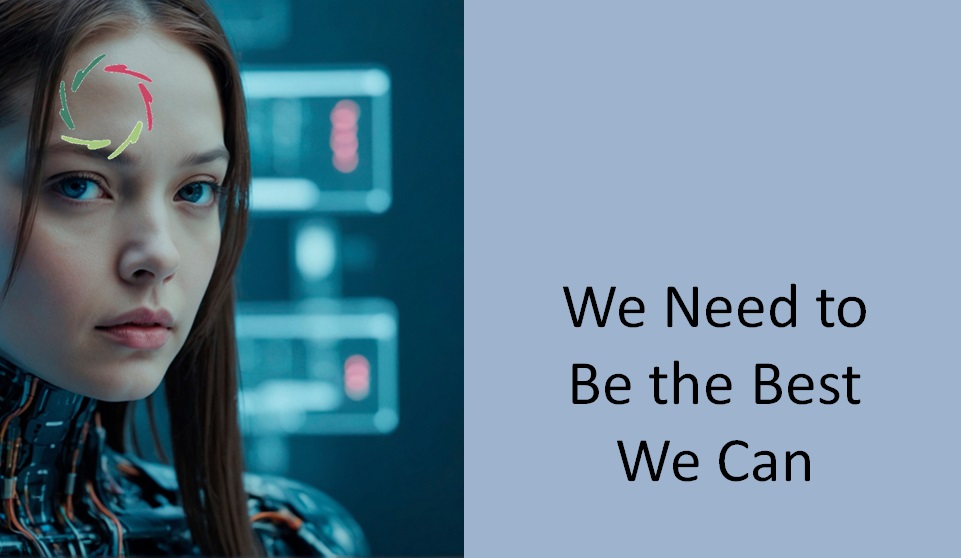In-Box-Thinking

It strikes me that intelligent people are sometimes immune to rationality in a circumscribed domain. This is VERY intriguing.
I have as close-to-me example a quite intelligent medical colleague and friend who has…
the ‘magical, healing hand’.
Well…
There are millions of examples like this. It’s not at all some isolated case. The term in-box-thinking comes to me as a good description.
Moreover, there is similarity with related phenomena, of which for instance:
- moral in-box-thinking. Starkest example: Nazi butchers during WW-II who at the same time were loving spouses and homely parents.
- political in-box-thinking. Much less stark as the example above but very widespread: people of one party who only see the positive of the own tribe versus the negative of the other.
- religious in-box-thinking. No need for further description.
- scientific in-box-thinking. Rampant in medicine(s) in a myriad of ways.
- …
Statistically, it seems that such thinking of one kind or another is quite ‘normal’. Thus, in order to avoid it, one needs to be profoundly skeptical to oneself. Me too. You too. Which brings the question: should one actually try to avoid in-box-thinking?
Is it not better to live in a world with some ‘magic’?
According to me: indeed, it is much better. People live on bread and poetry. However, we don’t need any in-box-thinking in order to attain ‘magic’. Life is ‘magical’ enough in a poetic sense. I mean: real beauty, a real being-together, really deep feelings in an awe inspiring environment, art, poetry of all kinds… including the poetry of everyday life, simple things, the depth of an endless simplicity, one small step in ‘walking meditation’…
There are many more examples of ‘real magic’ for which no in-box-thinking is needed. May it be that in-box-thinkers are lacking this ‘real magic’ and thus are gullible towards a substitute in order to mentally survive?
The substitution is to be seen very broadly: also for instance in the not-seeing of truly dark moral emptiness which threatens to suck all magic into a black mental hole, as in the Nazi-case.
So, what do in-box-thinkers need?
- more rationality
- more poetry
- the insight that these are not each other’s opposites. They can and should go together. Indeed, from a certain level they are even necessary towards each other.
How to get people out of this box?
As implied, they need to take a leap, one way or another. Easier said then done. Implications may be a loss of status, money, social embeddedness, sense of self-efficacy, all kinds of existential illusions…
Of course, all there are precisely what keep people in the box to start with.
That is why they are there.
Thus: hopeless?
No. Two possible scenarios:
- the hard way, such as a catastrophe that changes the environment completely. For instance, losing a war.
- the gentle slope: people start to think out of the box in a slow-motion leap. This may come with gradual ease or just take a lot of hard work.
Is it all worth it?
I think it is. There is a deep responsibility involved. The box keeps people boxed-in, with lots of negative consequences: burn-out, depression, psychosomatics, addictions… as well as – last but not least – the non-realization of an awful lot of human potential. People just don’t fit in a box.
It’s like a flower bud that refuses to open.
Of course, in the end it’s a choice.
At least, we should all be aware of this.


